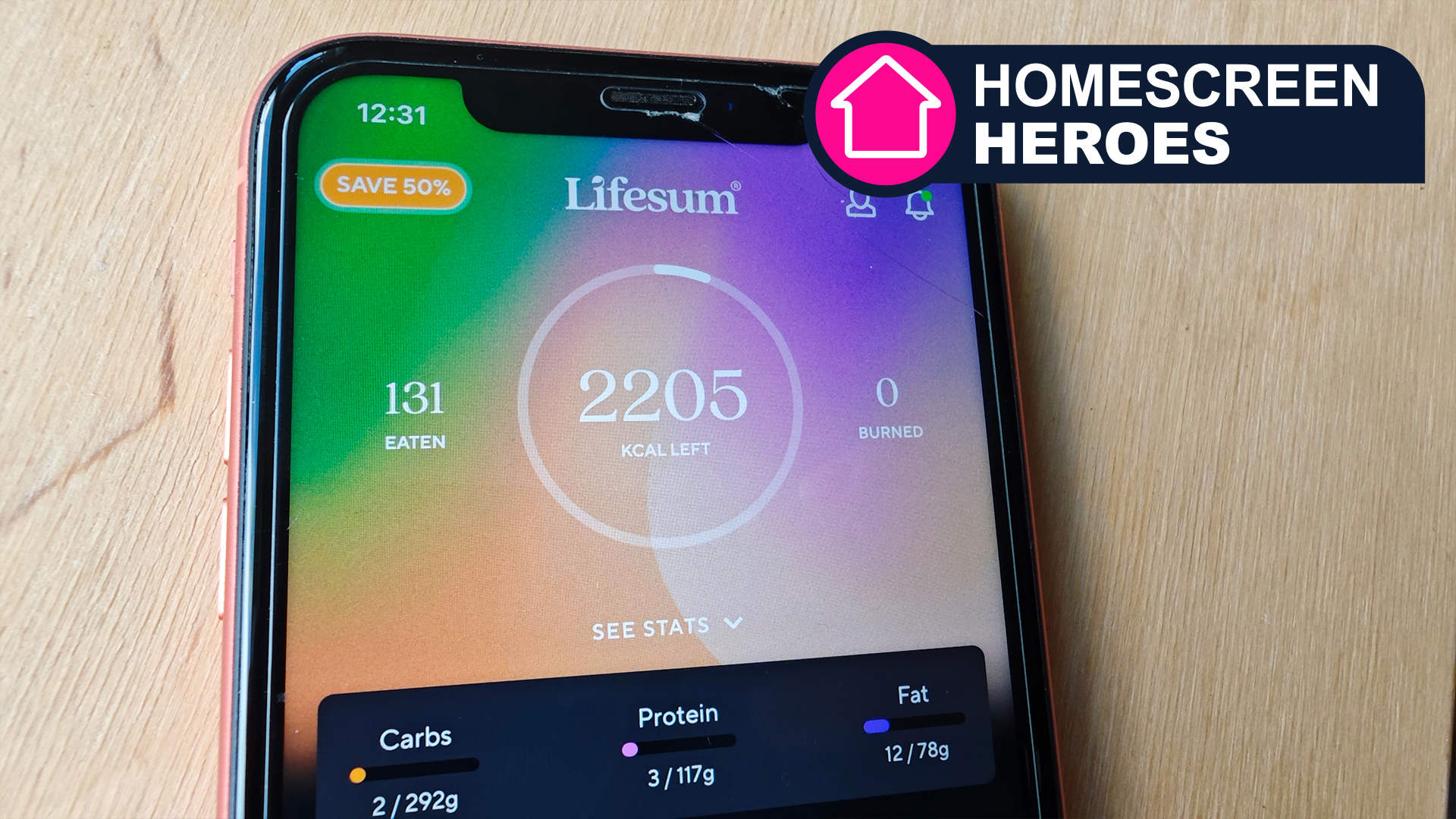Vegan Deterioration: The Truth About Plant-Based Diets And Long-Term Health
Hey there, health enthusiasts! Let's dive straight into something that’s been buzzing around the wellness world lately – vegan deterioration. You’ve probably heard about how going vegan can transform your life, boost energy levels, and even save the planet. But what happens when things don’t go as planned? What if adopting a plant-based lifestyle leads to unexpected challenges down the road? That’s right, folks, we’re talking about potential downsides that no one likes to discuss. So, buckle up, because this is gonna be an eye-opener.
Now, before you freak out, let’s clarify something: veganism has incredible benefits, and millions of people swear by it. But as with anything in life, there’s always a flip side. Vegan deterioration refers to the gradual decline in health some individuals experience after sticking to a strict plant-based diet for extended periods. It’s not about bashing vegans; it’s about understanding the complexities of nutrition and how our bodies respond differently to dietary changes.
This article aims to shed light on the reality of vegan deterioration while offering actionable advice to help you stay healthy and informed. Whether you’re already vegan or just considering the switch, this is one conversation you don’t wanna miss. Let’s get real, shall we?
Read also:Tasty Beach Your Ultimate Guide To The Best Beachside Dining Experiences
Table of Contents
- What Is Vegan Deterioration?
- Common Symptoms of Vegan Deterioration
- Causes of Vegan Deterioration
- Biological Factors Affecting Vegans
- Nutritional Deficiencies in Vegan Diets
- How to Mitigate the Risks of Vegan Deterioration
- What Science Says About Veganism
- Success Stories vs. Struggles
- Conclusion: Finding Balance in Your Diet
- Call to Action
What Is Vegan Deterioration?
Alright, let’s break it down. Vegan deterioration isn’t just a buzzword; it’s a legitimate concern for those who adopt a plant-based lifestyle without proper planning. At its core, vegan deterioration refers to the gradual decline in physical and mental health due to nutritional imbalances or other factors associated with long-term veganism. Think of it like this: your body is like a high-performance car, and if you don’t give it the right fuel, things can start to go haywire.
Some folks thrive on a vegan diet, feeling more energetic and vibrant than ever before. Others, however, might notice subtle signs of decline over time – things like fatigue, brain fog, or even mood swings. And let’s not forget the dreaded “vegan plateau,” where weight loss stalls, and energy levels dip despite sticking to all the rules.
Vegan Deterioration Explained
Here’s the deal: when you cut out entire food groups, you’re also cutting out essential nutrients that your body needs to function optimally. Sure, plants are packed with goodness, but they can’t always replace everything your body craves. That’s why it’s crucial to approach veganism with knowledge and intention rather than blindly following trends.
Common Symptoms of Vegan Deterioration
Let’s talk about the red flags. If you’re experiencing any of these symptoms, it might be worth reevaluating your diet:
- Extreme fatigue or chronic tiredness
- Brain fog and difficulty concentrating
- Frequent infections or weakened immunity
- Hair loss or brittle nails
- Mood swings or increased anxiety
- Hormonal imbalances
These signs aren’t exclusive to vegans, but they often appear in those who aren’t getting enough key nutrients like vitamin B12, iron, omega-3 fatty acids, or protein. It’s like trying to build a house without enough bricks – eventually, the structure starts to crumble.
Causes of Vegan Deterioration
So, what’s causing all this chaos? There are several factors at play, and understanding them can help you avoid falling into the trap of vegan deterioration:
Read also:New Playground Vietnam The Ultimate Spot For Families And Thrillseekers
Nutrient Imbalances
One of the biggest culprits is nutrient imbalances. Many vegans struggle to get enough vitamin B12, which is primarily found in animal products. This essential vitamin plays a critical role in brain function and red blood cell production. Without it, you could end up feeling sluggish and foggy.
Iron deficiency is another common issue, especially for women. While plant-based iron exists, it’s not absorbed as efficiently as heme iron from animal sources. This can lead to anemia, leaving you feeling weak and out of breath.
Protein Deficiency
Protein is the building block of life, and while it’s possible to get enough protein from plants, it requires careful planning. Relying too heavily on processed vegan foods or skipping out on legumes and nuts can leave you short on this vital macronutrient.
Biological Factors Affecting Vegans
Not all bodies are created equal, and some people may simply be more predisposed to experiencing vegan deterioration. Factors like genetics, gut health, and individual metabolism can all influence how well someone adapts to a plant-based diet.
For example, some individuals have genetic variations that make it harder for them to convert plant-based omega-3s into the active forms their bodies need. Others might have gut microbiomes that struggle to break down certain plant compounds efficiently. These biological differences mean that what works for one person might not work for another.
Nutritional Deficiencies in Vegan Diets
Let’s dive deeper into the specific nutrients that vegans often miss out on:
- Vitamin B12: Essential for nerve function and DNA synthesis
- Iron: Critical for oxygen transport in the blood
- Omega-3 Fatty Acids: Important for brain and heart health
- Zinc: Supports immune function and wound healing
- Calcium: Necessary for strong bones and teeth
While supplements can help bridge the gap, they’re not a substitute for a well-rounded diet. That’s why it’s so important to educate yourself on the best plant-based sources of these nutrients.
How to Mitigate the Risks of Vegan Deterioration
Don’t worry – vegan deterioration isn’t inevitable. With the right strategies, you can enjoy all the benefits of a plant-based diet while minimizing the risks:
Meal Planning
Planning your meals ahead of time ensures you’re getting a variety of nutrients. Include plenty of whole foods like leafy greens, nuts, seeds, and legumes to cover your bases.
Supplementation
Consider taking supplements for nutrients that are harder to obtain from plants, like vitamin B12 and omega-3s. Just make sure to consult with a healthcare professional first.
Regular Checkups
Stay on top of your health by scheduling regular checkups with your doctor. Blood tests can help identify deficiencies early on, allowing you to address them proactively.
What Science Says About Veganism
Now, let’s bring in the science. Numerous studies have shown that a well-planned vegan diet can reduce the risk of chronic diseases like heart disease, diabetes, and certain cancers. However, the emphasis is on “well-planned.” Research also highlights the importance of addressing potential nutrient gaps to ensure long-term success.
A study published in the Journal of the Academy of Nutrition and Dietetics found that vegans tend to have lower levels of certain nutrients compared to omnivores. But with proper education and support, these gaps can be closed effectively.
Success Stories vs. Struggles
Every journey is unique, and while some people thrive on a vegan diet, others face challenges. Hearing both sides of the story can help you make informed decisions:
Thriving Vegans
Many athletes and celebrities credit their plant-based diets with boosting their performance and longevity. From tennis star Venus Williams to UFC fighter James Wilks, the list of successful vegans is impressive.
Struggles Shared
On the flip side, there are countless stories of people who initially thrived on veganism but later experienced burnout or health issues. These experiences highlight the importance of listening to your body and making adjustments as needed.
Conclusion: Finding Balance in Your Diet
At the end of the day, veganism is a personal choice, and there’s no one-size-fits-all solution. While vegan deterioration is a real concern, it’s not a reason to abandon the lifestyle altogether. Instead, focus on creating a balanced diet that meets your unique nutritional needs.
Remember, it’s okay to adapt and evolve. If you find that certain aspects of veganism aren’t working for you, don’t hesitate to make changes. Your health should always come first.
Call to Action
Now it’s your turn! Share your thoughts in the comments below. Have you experienced any challenges with veganism? What strategies have helped you maintain a healthy plant-based diet? And don’t forget to check out our other articles for more tips and insights on living your best life.


